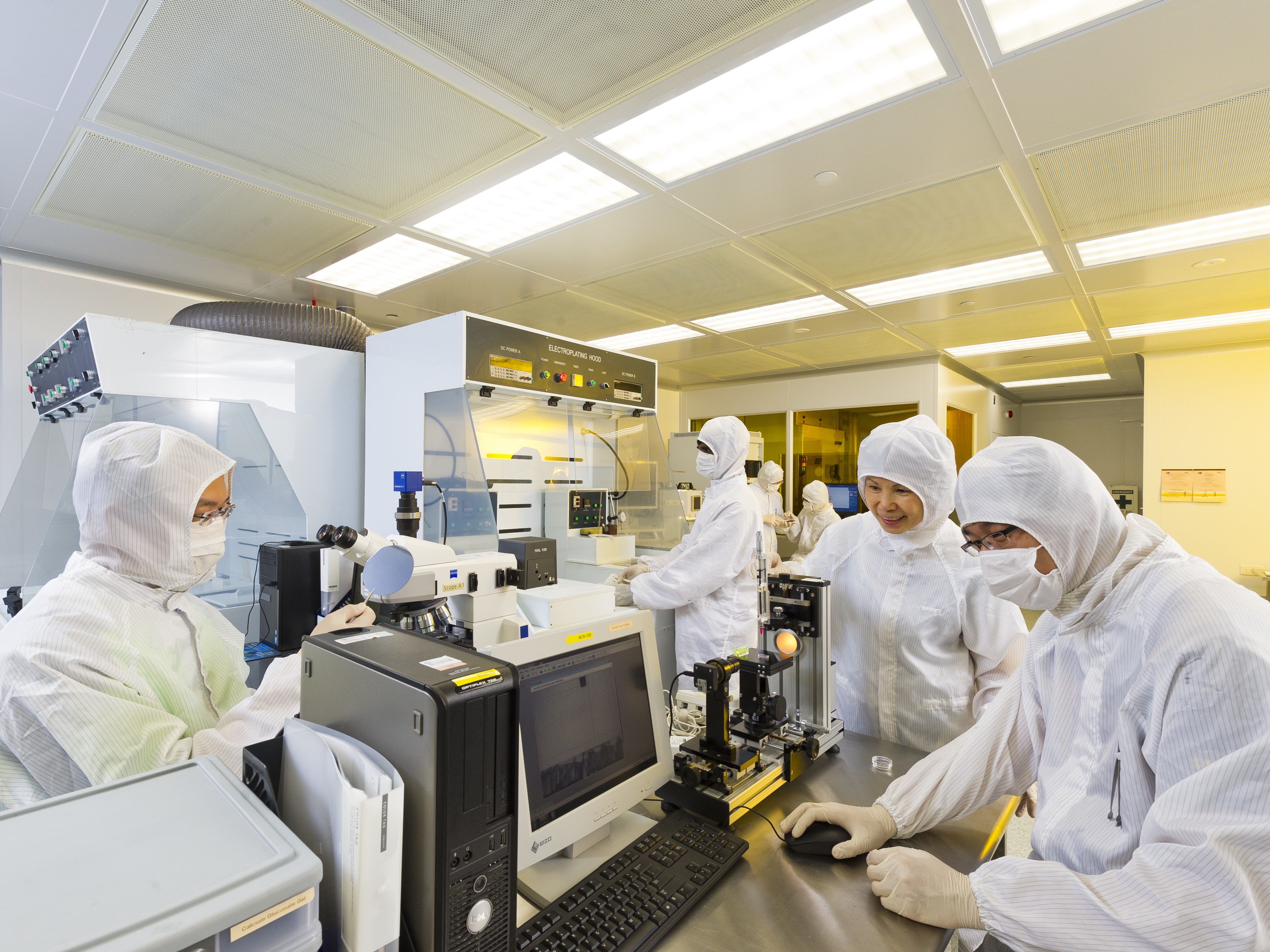BEng Microelectronics Engineering
工學士(微電子工程學)
Image

False
Academic Year of Entry
2025/2026
Admission Code
1703A
Indicative Intake Target
Local Places :
163 (For First Year and Advanced Standing I Entries; Tentative)*
Non-Local Places
(For Overall Direct Applications):
Around 400
Normal Duration of Programme
3 years (For Advanced Standing I Entry)
Programme Website
Facebook
Instagram
Programme/ Major Leader
Prof. Arindam BASU
B.Tech, M. Tech (E & ECE) I.I.T Kharagpur, M.S. (Math), Ph.D. (ECE) GaTech, SMIEEE
+852 3442 6077 (Phone)
+852 3442 0562 (Fax)
General Enquiries
Contact Type
Ms. Helena LEE
Contact Value
+852 3442 7773 (Phone)
+852 3442 0562 (Fax)
Remarks
* for JUPAS and non-JUPAS admissions
https://www.youtube.com/watch?v=CqHVjNPr6mc
工學士(微電子工程學) BEng MEE
https://www.youtube.com/watch?v=ckssyfClqUE
明報升學網 - 認識電機工程學成為科創人才第一步
https://youtu.be/6UFr3ltGhzI
城大電子&電機工程 / 資訊工程 / 電子計算機&數據工程/ 微電子工程(利申: 工程神科 )
https://www.youtube.com/watch?v=7eCXCFRxOXA
又實習又Exchange 忙到氣咳為啲乜?